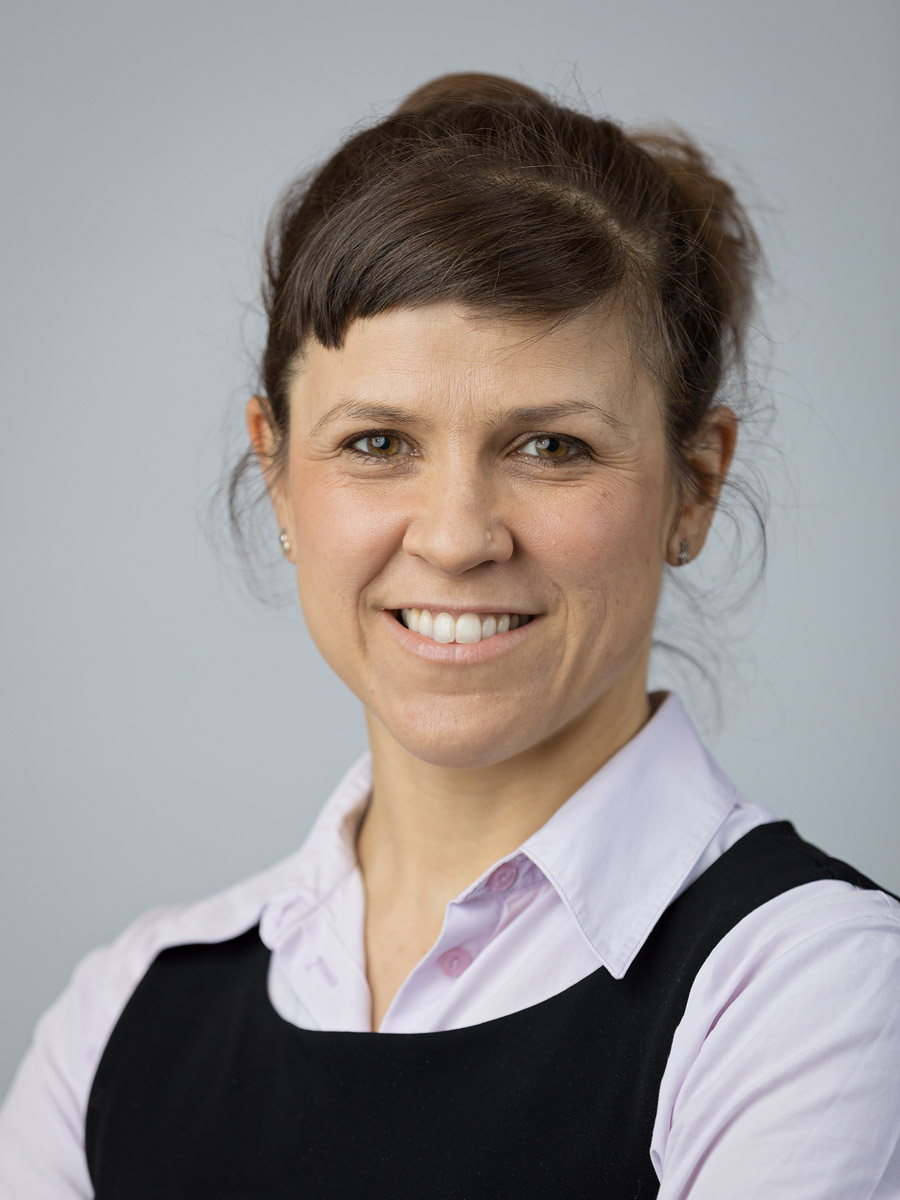 Charlotte Hedin Charlotte Hedin
© ECCO
|
Dr. Rupa Banerjee is a senior consultant gastroenterologist in the Department of Gastroenterology and Director of the Inflammatory Bowel Diseases (IBD) Centre at the Asian Institute of Gastroenterology, Hyderabad, India. She is also Director of IBD Research with the Asian Healthcare Foundation, Hyderabad.
Dr. Rupa established the first dedicated IBD centre of excellence in India in 2004. She has designed and maintains a 6500-patient database and biorepository for the centre detailing the demographics, type and course of disease and response to treatment in the Indian subpopulation.
Her primary focus has been optimal and affordable multidisciplinary care of IBD. The outpatient clinics run from early morning to late evening, and many of the patients are from middle- or low-income strata. The centre has adopted a large cluster of villages for screening for IBD, including blood and endoscopic evaluations free of cost to enable early diagnosis and with house-to-house surveys on the incidence and prevalence of IBD in the region.
Dr. Rupa is actively involved in research on IBD in the Asian region, focussing on the epidemiology, microbiota and genetic profile of this population for the purposes of optimisation and individualisation of the management of IBD.
Dr. Rupa has initiated the IBD-ENC (IBD – Emerging Nations Consortium), comprising more than 20 countries in South Asia, Middle East and Africa, to promote collaborative work on IBD in these parts of the world. She has been the key person in the design of the interactive web platform for the IBD-ENC (www.ibdenc.org), which presents IBD news and the latest publications, discusses challenging cases and offers members the unique opportunity to create their own patient IBD registry.
Dr. Rupa has received support from the Helmsley Charitable Trust, USA for the Rural programme for early diagnosis of Crohn’s Disease.